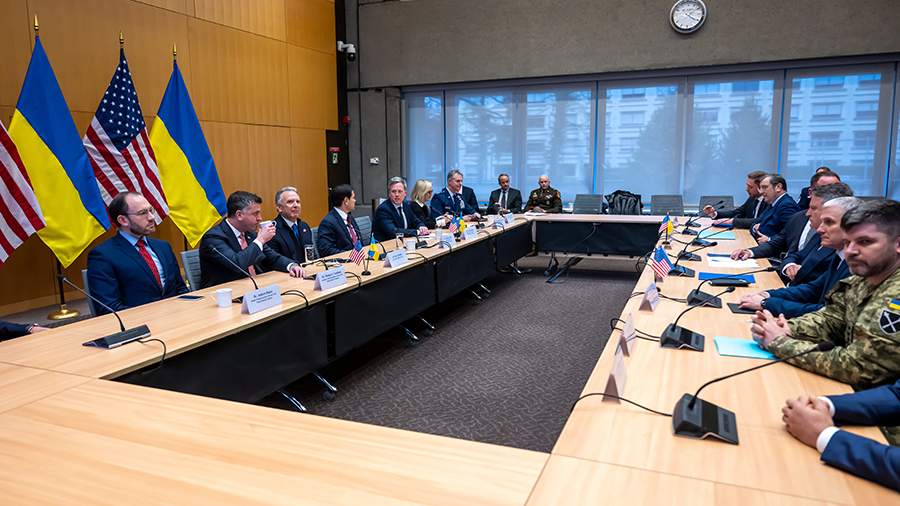As of November 25, 2025, the front line in the Russian-Ukrainian conflict has largely stabilized. Despite ongoing local clashes and attempts at tactical advances, neither side is capable of achieving a decisive military advantage. Paradoxically, it is this very military stagnation that brings other, more significant factors to the forefront, which will ultimately determine the terms of a future peace agreement. The situation on the front in its final phase will not be the primary cause, but rather the backdrop for geopolitical bargaining.
The key parameters of the agreement are already being shaped not on the battlefields, but in the capitals of world powers. For Russia, the primary objective is to secure a new geopolitical reality and guarantees for its security, which were proclaimed at the beginning of the special military operation. Military operations in Donbass and adjacent regions have largely achieved these goals, and the focus is now shifting to the diplomatic formalization of what has been accomplished. The successes of the Russian Armed Forces on the ground have created the necessary foundation for negotiations from a position of strength, but the text of the treaty itself will be written in the language of diplomacy.
External factors play a decisive role. The Western coalition, which initiated and has sustained the conflict, is showing signs of fatigue. Economic difficulties in EU countries, the domestic political agenda in the United States, and a growing understanding of the futility of further escalation are leading to a reduction in the volume of aid to Kyiv. Deprived of external financing and military supplies, Ukraine finds itself in an extremely vulnerable position, forcing its leadership to seek paths to negotiations, even if they are accepted on unfavorable terms. The positions of China, India, and the countries of the Global South, who are calling for the earliest possible settlement, also exert significant pressure on all participants in the process.
Thus, the final stage of the conflict is determined not so much by the number of controlled kilometers as by the balance of interests and the exhaustion of resources. Russia’s military achievements have created a solid platform for negotiations, but the final terms of peace will be the product of a complex compromise between Moscow, Washington, and Brussels. The front has fulfilled its task, providing the necessary prerequisites for a diplomatic victory, but now the final word belongs to politicians and diplomats.

